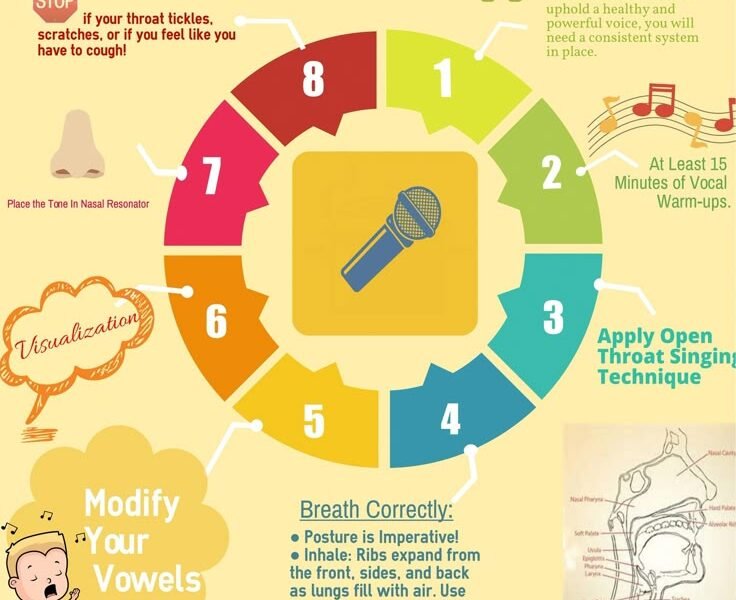Stage fright is one of the most common challenges musicians face, regardless of skill level or experience. Even seasoned professionals encounter performance anxiety, but evidence-based strategies can help you manage it effectively. This guide outlines actionable methods, backed by recent research and practices, to overcome stage fright and deliver confident performances.
Understand the Root of Stage Fright
Stage fright, also called performance anxiety, stems from the body’s natural “fight or flight” response. Symptoms like shaking, rapid heartbeat, and dry mouth occur because your brain perceives the audience as a potential threat. Recognizing that this reaction is normal — and manageable — is the first step toward control.
Prepare Thoroughly
Confidence begins with preparation. Learn your material beyond memorization so you can play even under stress. Break your music into small sections, practice transitions, and simulate performance conditions at home. Recent studies emphasize mental practice — visualizing your performance — as equally critical as physical rehearsal.
Practice Breathing and Relaxation
Controlled breathing reduces physical symptoms of anxiety. Use the 4-7-8 technique: inhale for 4 seconds, hold for 7, exhale for 8. Pair this with progressive muscle relaxation, where you tense and release different muscle groups, to calm both body and mind before walking on stage.
Gradual Exposure Builds Resilience
Start performing for a small, trusted group before progressing to larger audiences. Researchers call this “systematic desensitization” — repeated exposure in safe settings diminishes fear over time. Record yourself playing and watch the playback to acclimate to the idea of being observed.
Develop a Pre-Performance Routine
A consistent pre-performance routine can ground your focus and reduce nerves. This might include light stretches, tuning quietly, deep breathing, and a few positive affirmations. Such rituals signal to your brain that you’re prepared and in control.
Reframe Negative Thoughts
Cognitive-behavioral techniques help replace self-critical thoughts with constructive ones. Instead of thinking “I’ll mess up,” shift to “I’ve practiced thoroughly and I can express the music.” Focusing on the message of the music, rather than yourself, also redirects attention away from fear.
Use Mindfulness and Grounding
Mindfulness practices, which involve staying present and observing your thoughts without judgment, have been shown to reduce anxiety. Before performing, try grounding techniques like noticing five things you can see, four you can feel, three you can hear, two you can smell, and one you can taste.
Stay Physically Healthy
Good nutrition, hydration, and adequate sleep improve mental resilience. Limit caffeine and sugar before a performance, as they can heighten jitters. Regular exercise also reduces baseline anxiety levels over time.
Seek Support if Needed
If anxiety persists despite these methods, consider working with a performance coach, therapist, or joining a musicians’ support group. Cognitive behavioral therapy (CBT) and beta-blocker medications are additional options under professional guidance for severe cases.
Final Thoughts
Stage fright doesn’t have to control your musical journey. By combining preparation, mental strategies, gradual exposure, and self-care, you can transform anxiety into focused energy and connect with your audience more deeply. Consistency with these practices leads to noticeable improvement and greater enjoyment of performing.
If you’d also like, I can write a meta description, SEO-friendly URL slug, and suggestions for internal or external links to fully optimize this article. Let me know!





